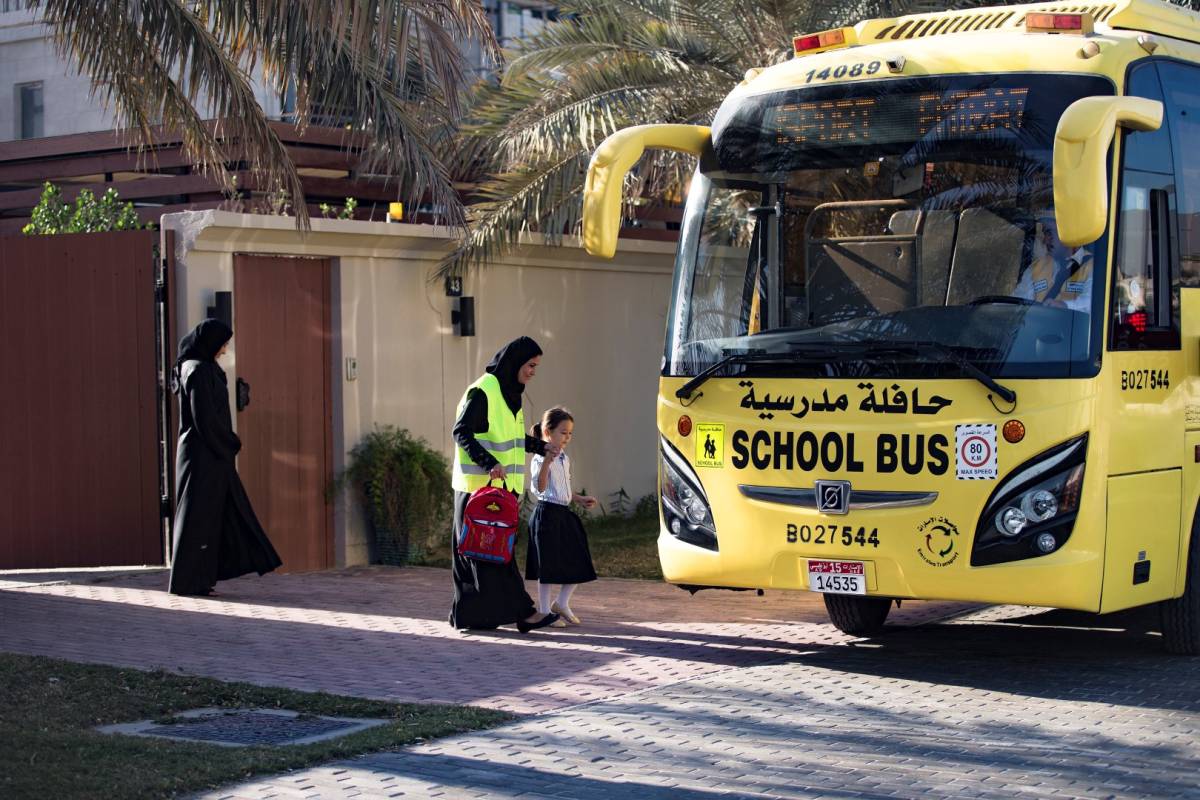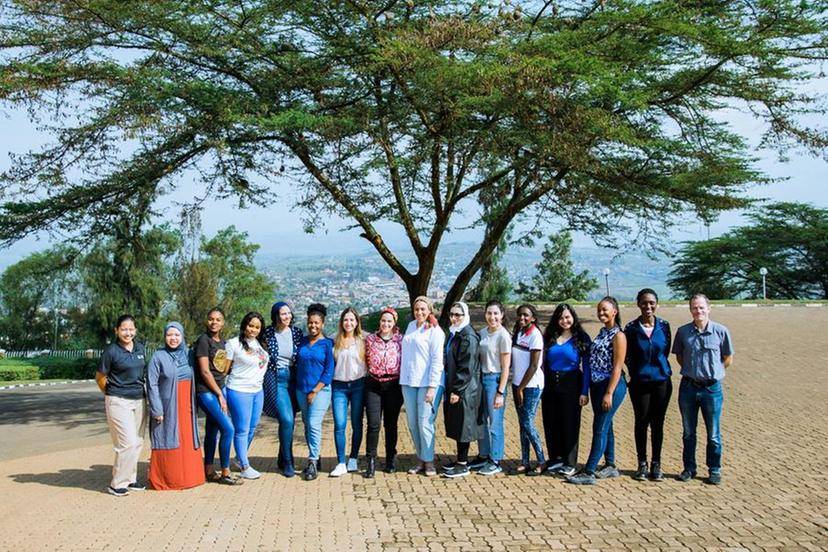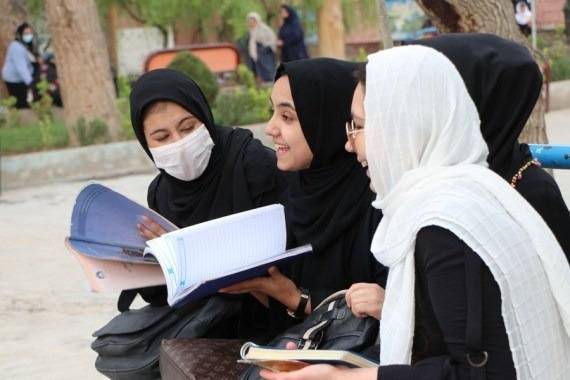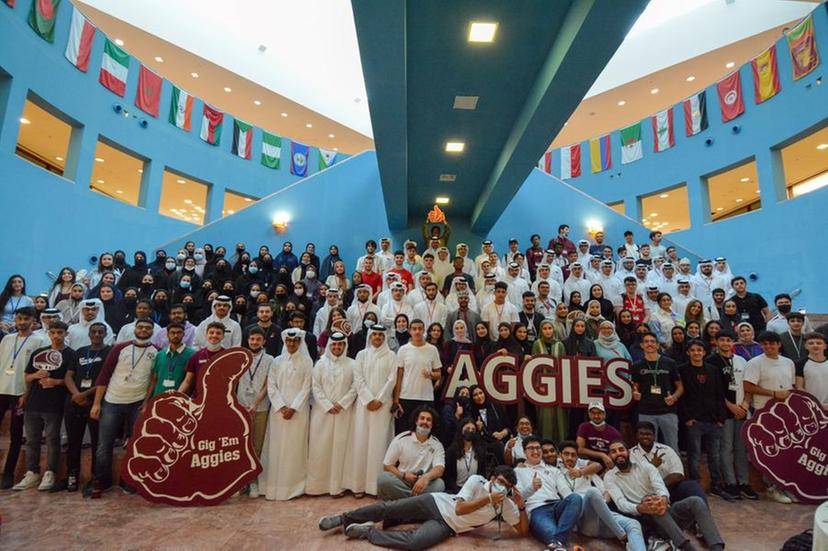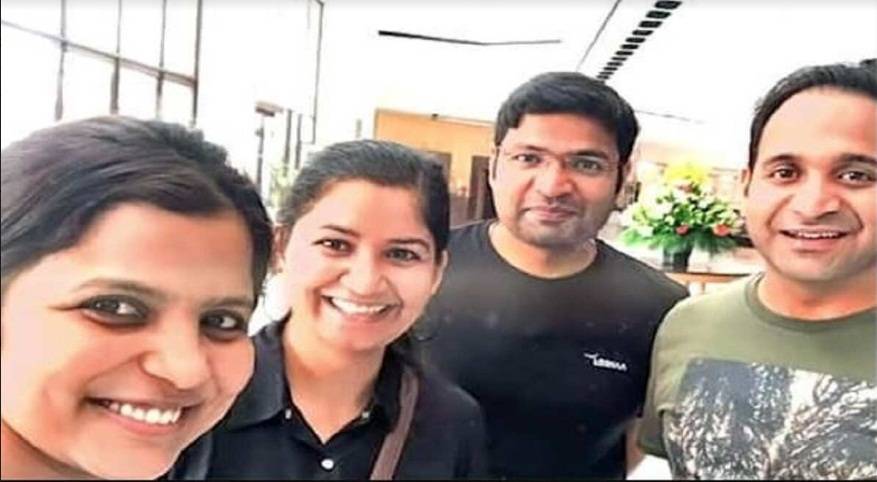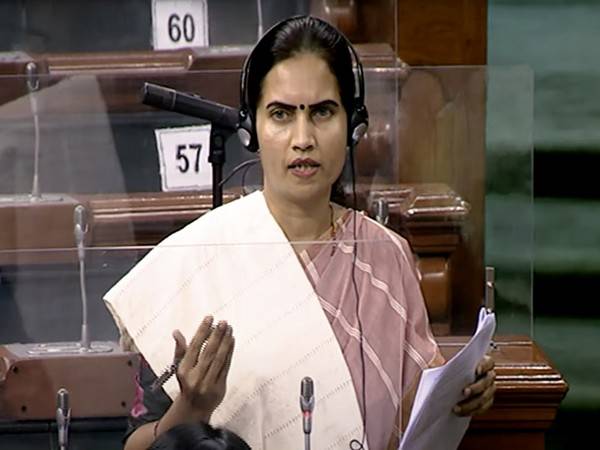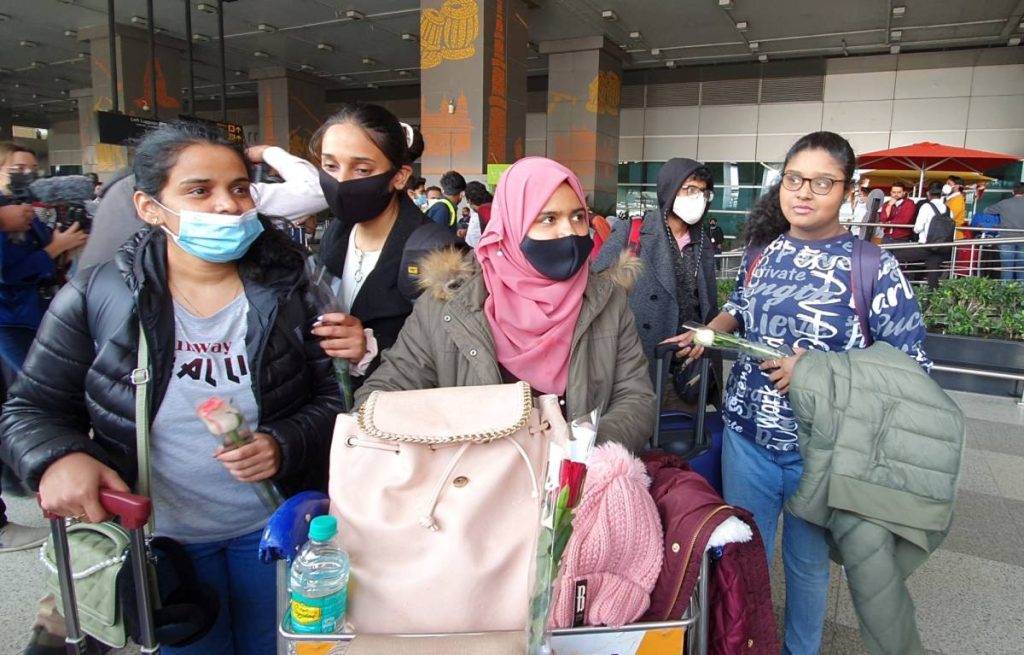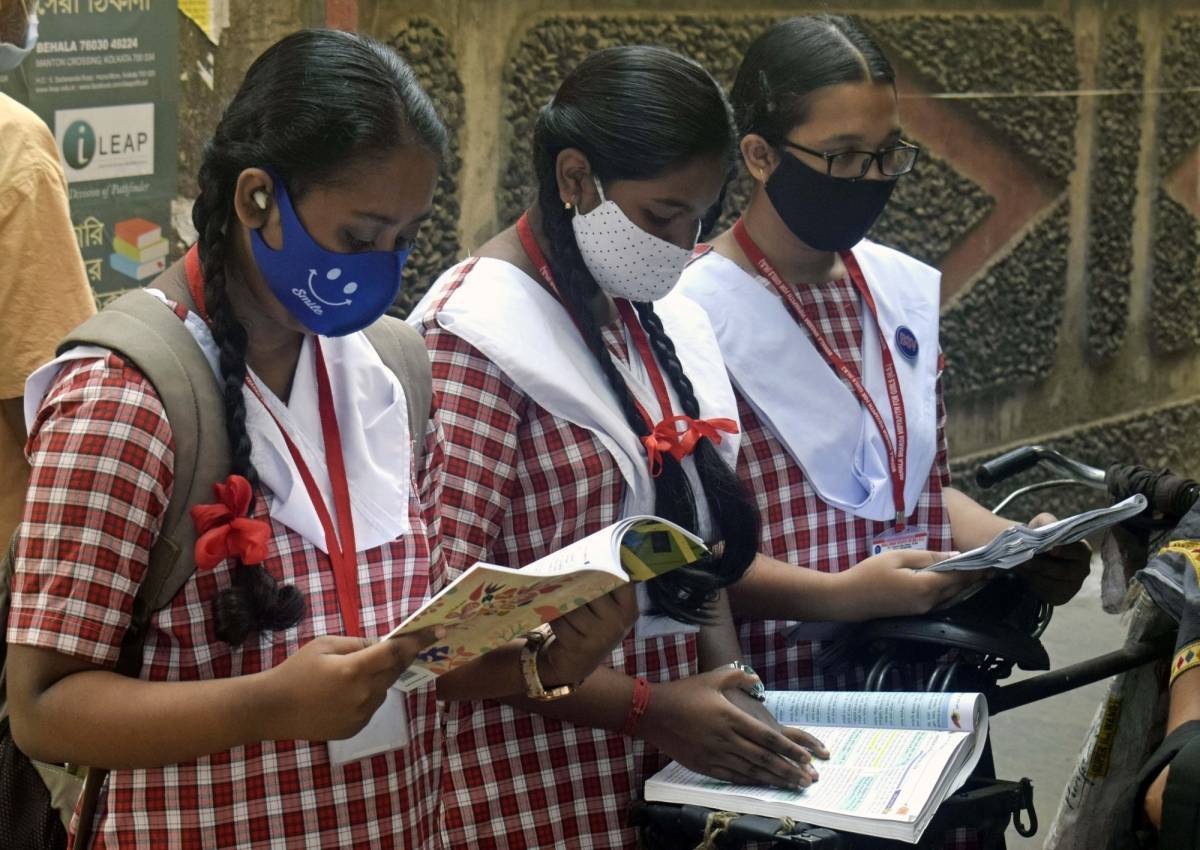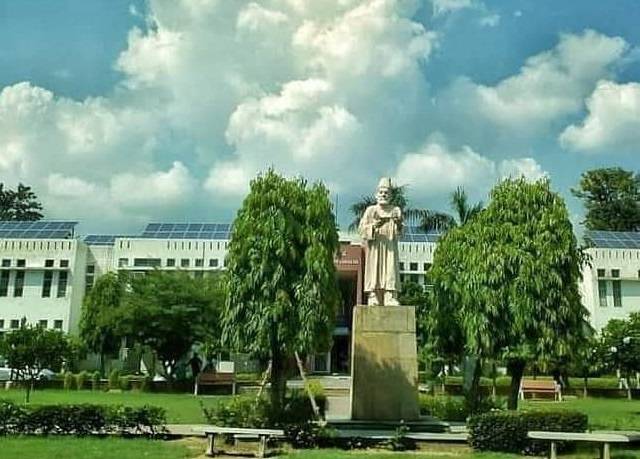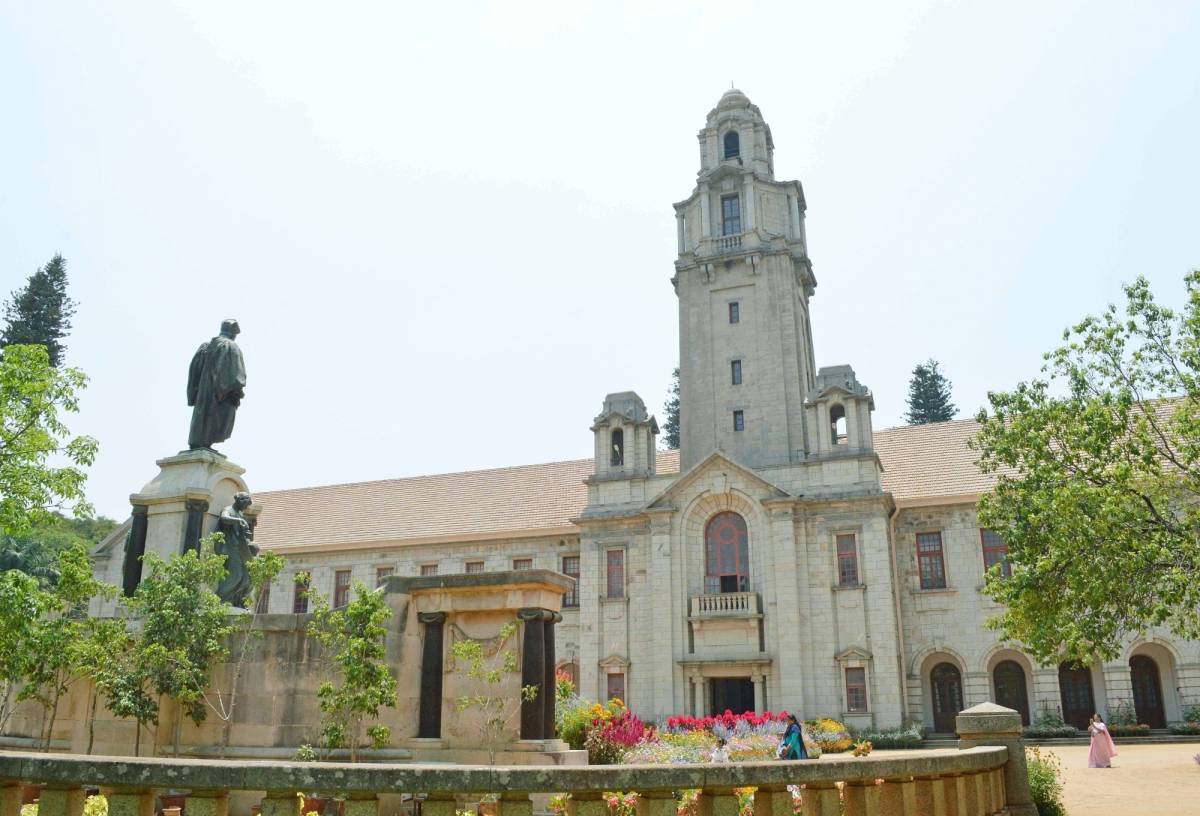The Ajmal Foundation has been working in the fields of Modern Education, Skill Development and Employment Generation, Women Empowerment, Poverty Alleviation, Relief and Rehabilitation, and Environment and Health…reports Dr Shujaat Ali Quadri (Chairman of Muslim Students Organisation of India and Community Leader)
In post1991 economic reforms in India, Muslims of India have undergone social, educational and political churning. Apart from the government support for uplift of Muslims and planning, Muslim philanthropists also came forward to help the struggling community. Among these good Samaritans, the name of Badruddin Ajmal, madarsa-educated theologian-politician-philanthropist-educationist, stands out. In a limited period of time, he has helped a significant number of Muslim youths from humble background, including those from madarsas, in pursuing prestigious courses like Engineering, MBBS, MBA, and going for higher studies in various streams. Plus, a number of students reared at institutes run by his foundation have been able to crack different competitive examinations like state civil services and UPSC.
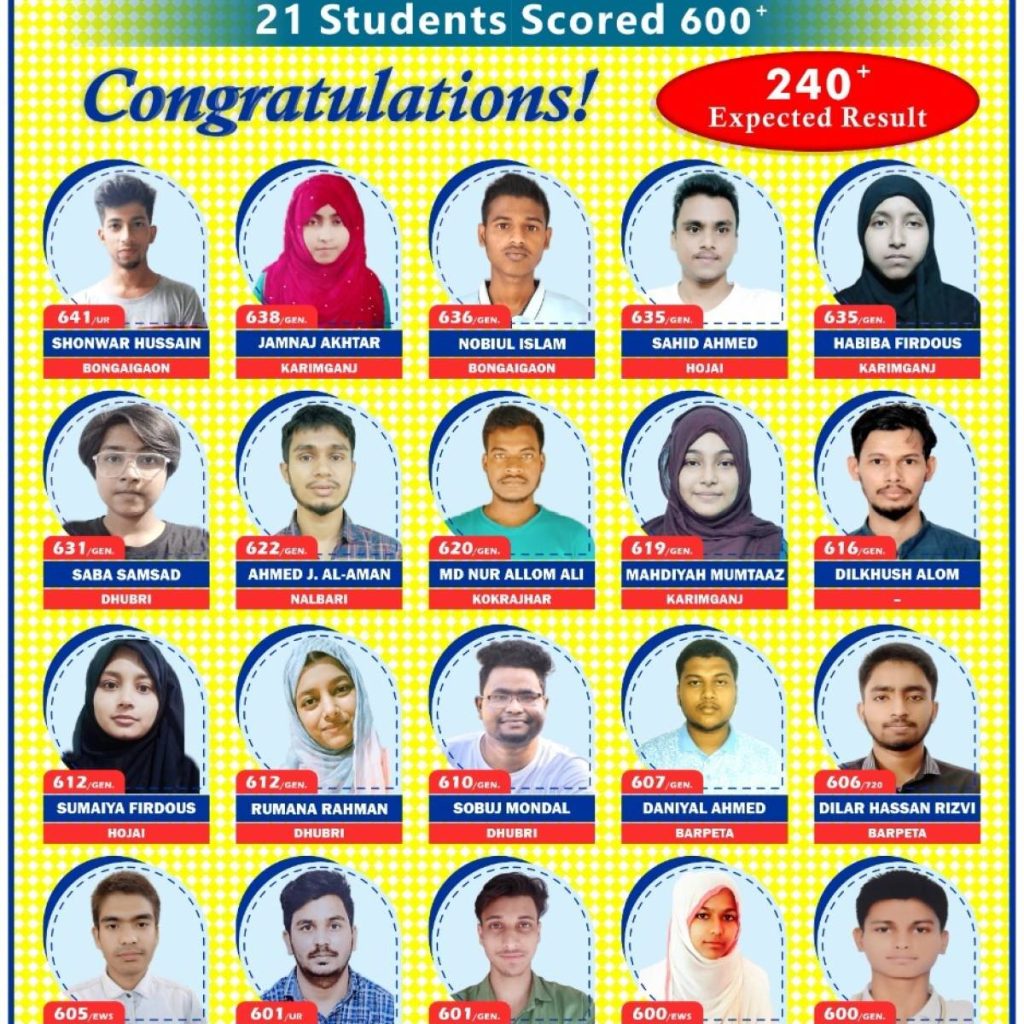
Ajmal Foundation: Pivot of Education for Poor
The pivot of Ajmal’s educational endeavours is the Ajmal Foundation is a Public Charitable Trust. Registered under Charitable Trust Act, 1882, it was established in the year 2005 with a head office located in the district of Hojai, Assam. It is a non-political, non-profitable and non-commercial organization.
The Ajmal Foundation has been working in the fields of Modern Education, Skill Development and Employment Generation, Women Empowerment, Poverty Alleviation, Relief and Rehabilitation, and Environment and Health. The organization has been running as many as 25 educational institutions all over the State of Assam with consistently excellent and very impressive results and implementing various schemes and projects in different locations of the country for development of the weaker sections of the society.
With the spirit of serving humanity in need, the trustees of the organisation have undertaken multifarious schemes and projects to serve the downtrodden sections of the society and thus the volume of activities has enlarged manifold. In order to reach out to the poorest of the poor and the neediest section of the society in the remote and rural background of the country, the organisation in collaboration with like-minded social organisations is implementing various schemes and projects within the organisational framework. In doing so, time bound implementation and efficient delivery of the assigned project /tasks maintaining full proof transparency has always remained as top priority of the trust.
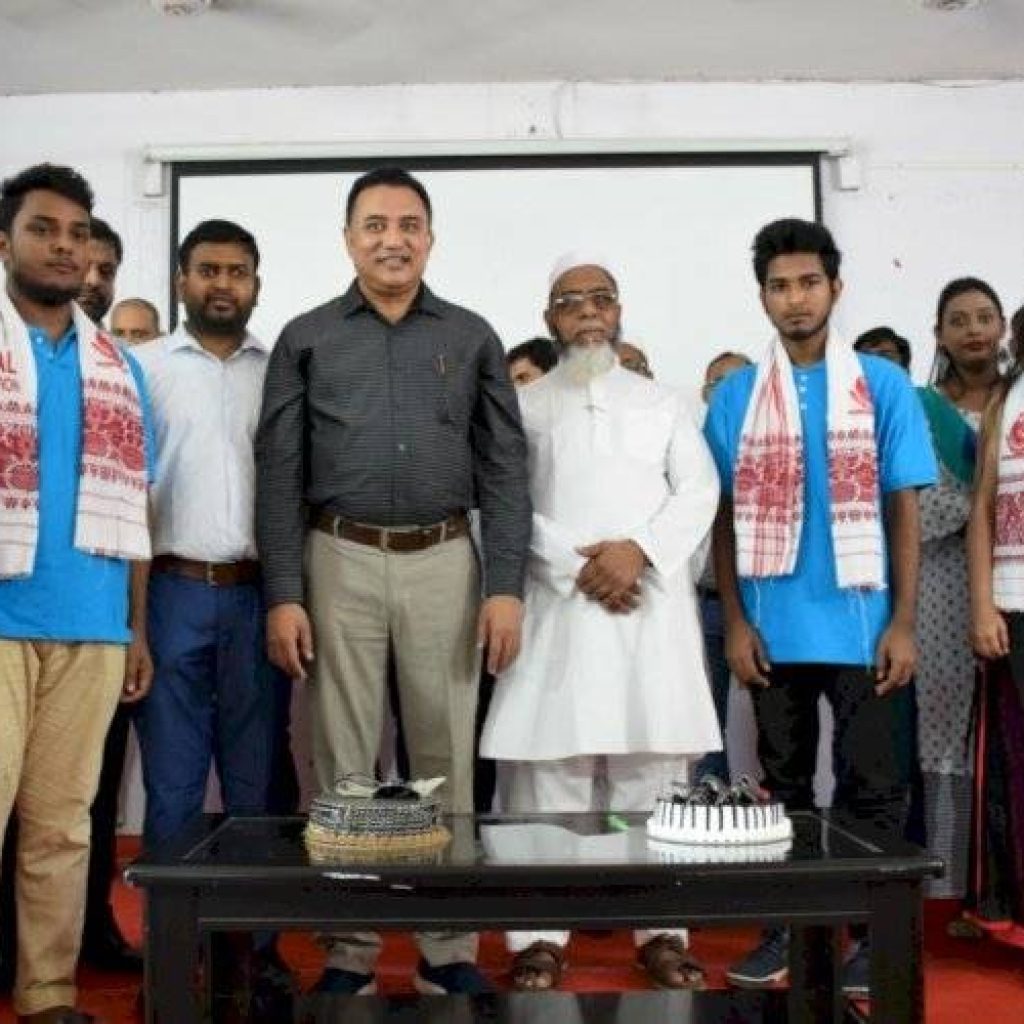
25 Colleges, 25 Avenues of Learning
In the education field, the foundation has 25 institutions including one B Ed College (Nazir Ajmal Memorial College of Education), one Law College (Ajmal Law College), Maryam Ajmal Women’s College of Science and Technology (Degree) and Maryam Ajmal Women’s College of Science and Technology (H.S.) at Hojai. Besides, a number of assisting coaching institutes are run by the foundation.
Ajmal Super-40
The Ajmal Foundation is running a dedicated Guiding Centre with brilliant academicians in our Campus Area for the Brilliant and poor Students, namely “Ajmal Super-40” and providing them, free of cost, required tuition and guidance to prepare them for cracking the entrance examinations of the vocational and professional courses such as Medical, Engineering and Law etc.
The brainchild of the Ajmal family, the AJMAL SUPER 40 concept was mooted in 2016 and the Ajmal Foundation gave concrete shape to the project that intended to establish an institution of excellence in order to prepare students from educationally backward areas and from disadvantaged sections of society to compete with the students from urban and affluent sections to prove their potential merit in the qualifying examinations for medical and engineering studies.
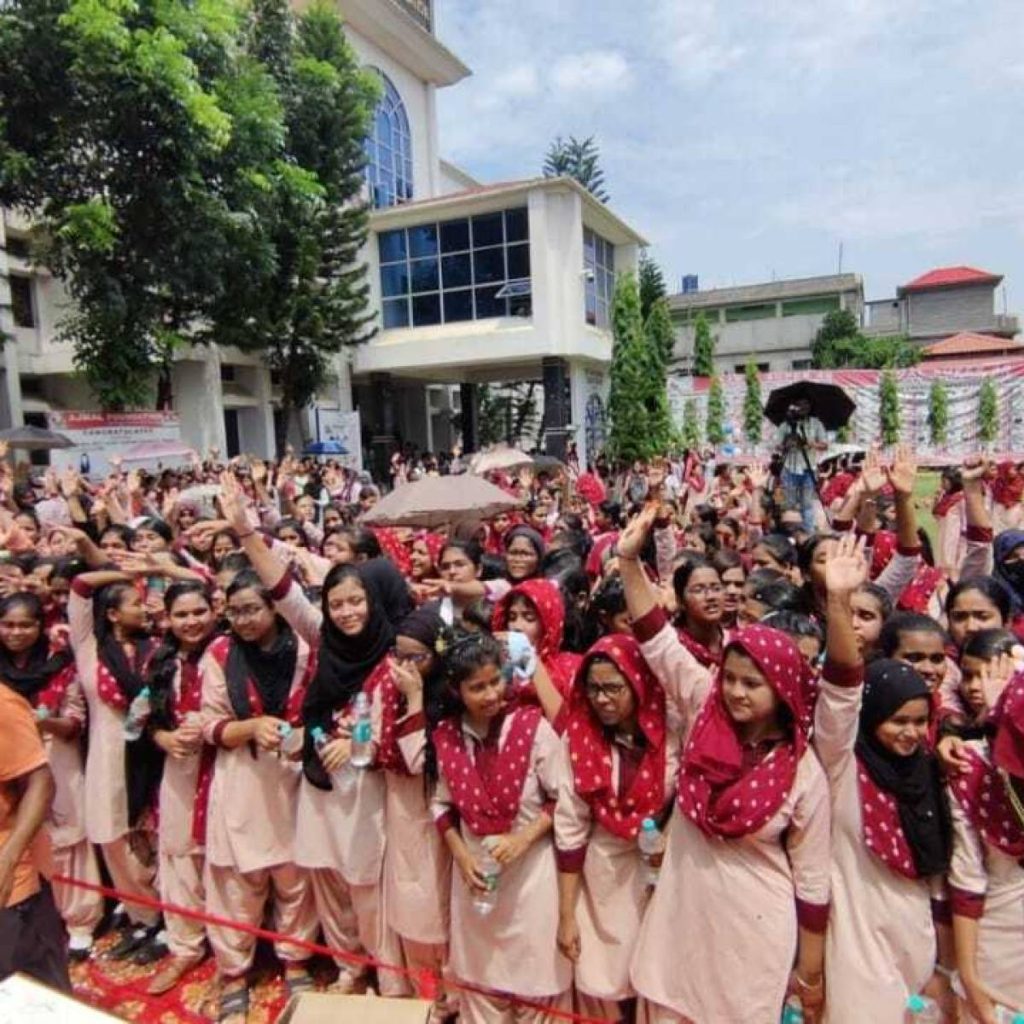
Today, the Ajmal Super 40 has established a name for itself in All India Level competitive examinations as it has been able to give wings to the dreams of these poor but meritorious students. In successive years the Ajmal Super 40 students have dazzled in NEET & JEE examinations and have validated the Ajmal Foundation’s conviction that if proper care, attention and quality teaching is provided to the rural and poor students, their innate talent can flourish and they can show excellent results.
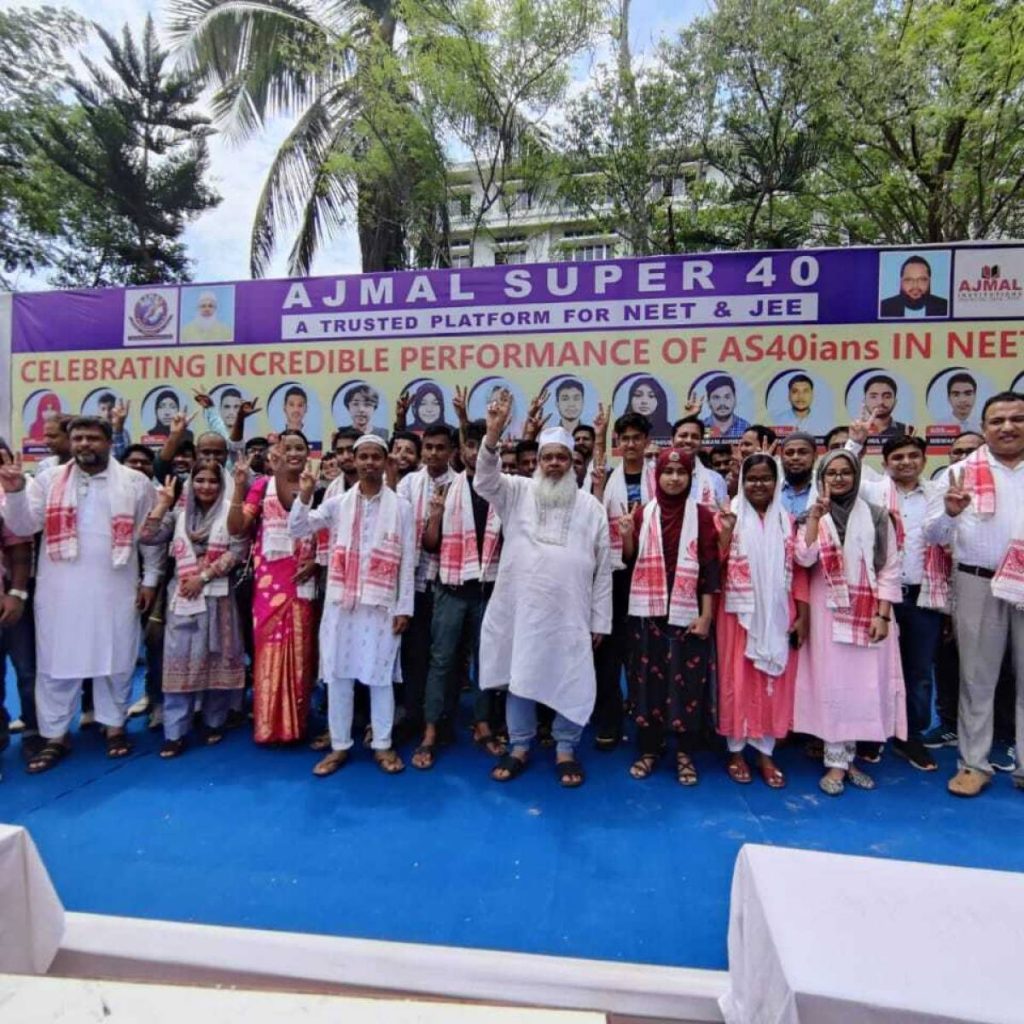
IAS Academy
As the success and brilliance of the Ajmal alumni are creating positive ripples across the state and beyond, the Ajmal Foundation management headed by M Badruddin Ajmal and Sirajuddin Ajmal are constantly engaged in sustaining and improving the efforts to further enhance the entire education eco- system. The very latest addition to this effort is the Ajmal IAS Academy and other coaching programmes launched recently to equip and empower the rural educated youths to excel at par with their urban counterparts.
ALSO READ-‘The 10 New Life-Changing Skills – Get Them & Get Started


